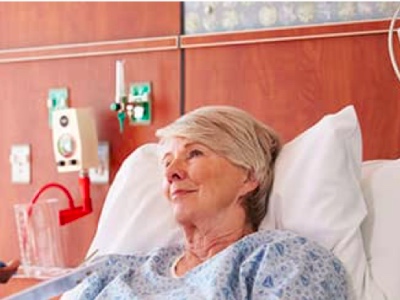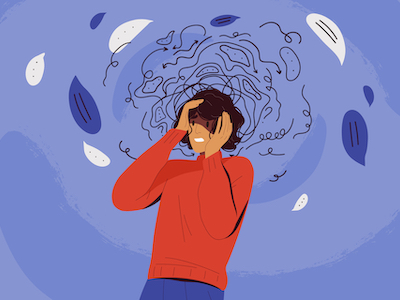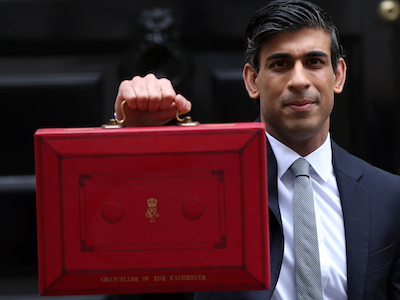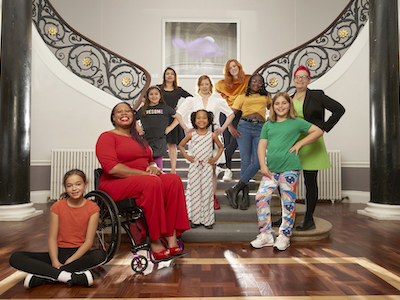Today marks the centenary of the Women’s Institute, a hundred years on since the first meeting in Anglesey, Wales. The Institute was created in 1915 to encourage more women in rural areas to produce food during the First World War. By the time the war was over in 1919 there were 1405 WIs across the UK and today the WI is the largest women’s voluntary organisation with 212,000 members across 6,600 WI groups.
The organisation has long moved on from its original aims and has finally succeeded in shaking off its stereotypical image of ‘jam and Jerusalem’ image, picked up during the war years of jam-making and patriotic pomp.
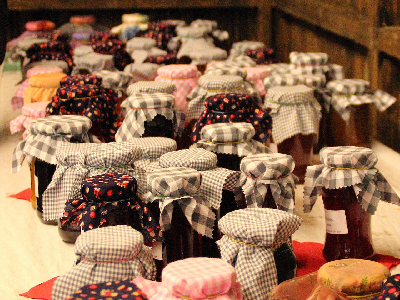
The Women’s Institute has succeeded in campaigning for many important issues throughout their hundred years. The organisation has been fundamental in championing women’s rights, especially political, promoted women’s health and education issues and supporting the general plight of women.
In 1920, they undertook one of their first crusades in support of the Bastardy Bill, which aimed to provide legal and financial support of single mothers. The WI also actively encouraged its members to stand for Parish and District councils, and health and housing committees. By 1921, the group had its first Member of Parliament in Mrs Margaret Winteringham, known fondly throughout the WI as “Our Institute MP.” Winteringham was also the first English-born female MP and the second woman to be elected to Parliament.
During the 1930s, the WI supported efforts to deal with unemployment amongst both men and women. Throughout the Second World War, they organised evacuation plans and Lady Denman, Chairman of the WI, became the Director of the Women’s Land Army. Continuing with their rural heritage, the following year they championed for people to grow more produce at home and preserve more fruit and vegetables. In 1940, the Ministry of Food allocated sugar to the Women’s Institute to make canned goods – amongst it, jam – so as to avoid wastefulness. This produce was then circulated into the nation’s food supply.
Over the years, the WI have also campaigned for everything from anti-litter to promoting the arts. In the seventies and eighties, they evolved with the second wave of feminism, and began championing family planning services, equal opportunities for men and women, and for further education into AIDS/HIV.
In 2003, the film Calendar Girls, starring Helen Mirren and Julie Walters, helped bring the Women’s Institute in to the spotlight of millions. It is based on a true story about a group of women who pose for a nude calendar in order to raise money for Leukaemia Research.
The Women’s Institute has also opened its own college, the Denman College, educating pupils on subjects ranging from forensic science to cookery and crafts. WI groups have been opened in psychiatric hospitals and across rural communities. They have ‘alternative’ members groups, and what have been described as ‘new wave’ – consisting of 20 to 30 year old women.
Today, the WI aims to provide educational opportunities to women, help them build new skills, introduce new activities to their lives and campaign for issues of important relevance.
They are currently campaigning for more midwives, encouraging discussions on organ donation, promoting the SOS for Honeybees campaign and calling for those with mental health problems to receive care rather than imprisonment.
Happy 100th Birthday, Women’s Institute!
For more information on the Women’s Institute, please click here.





